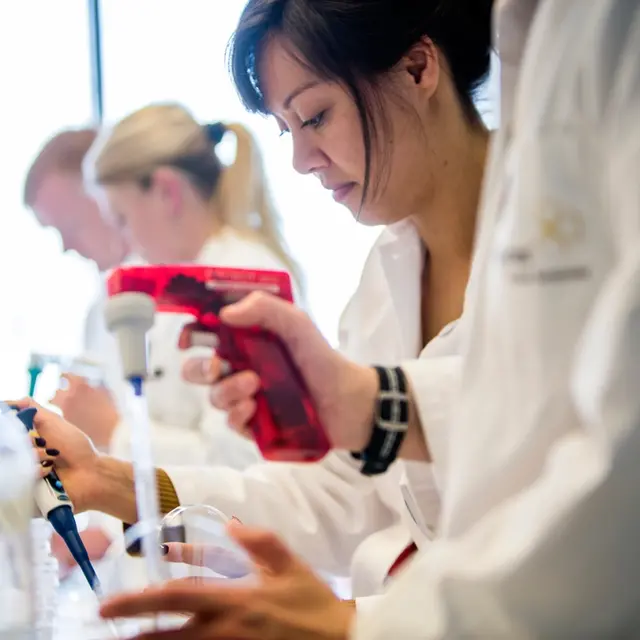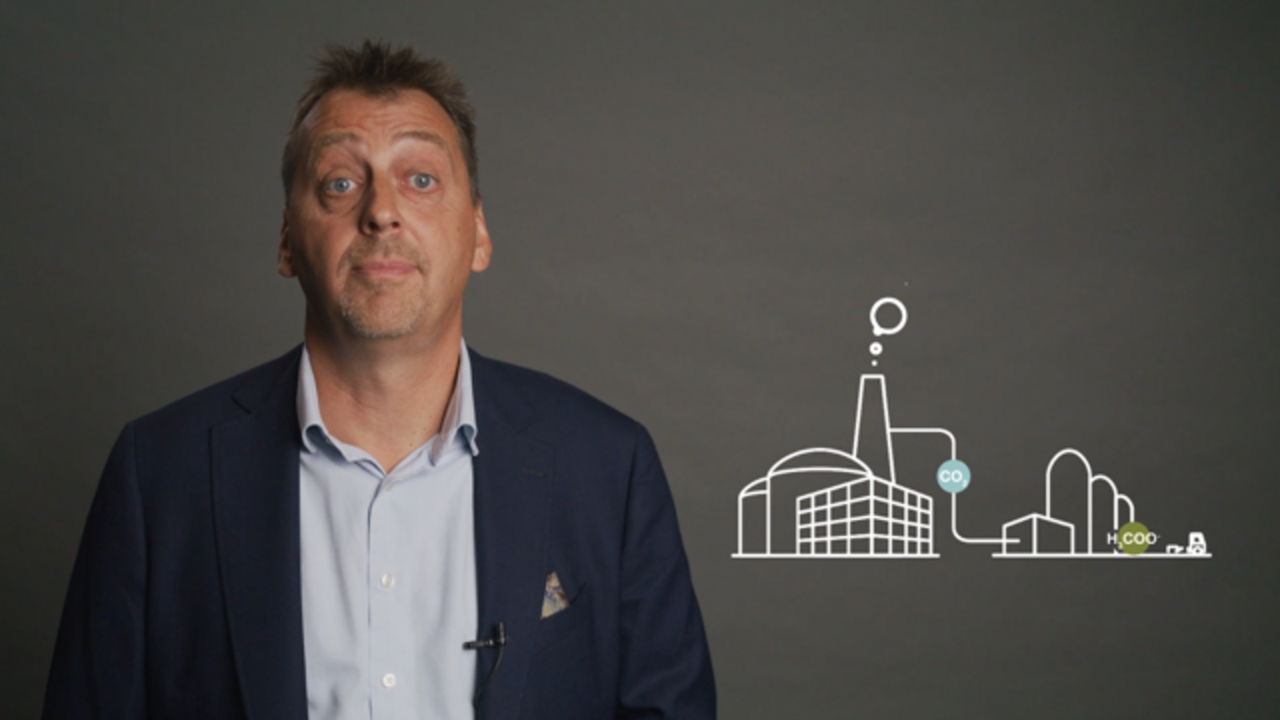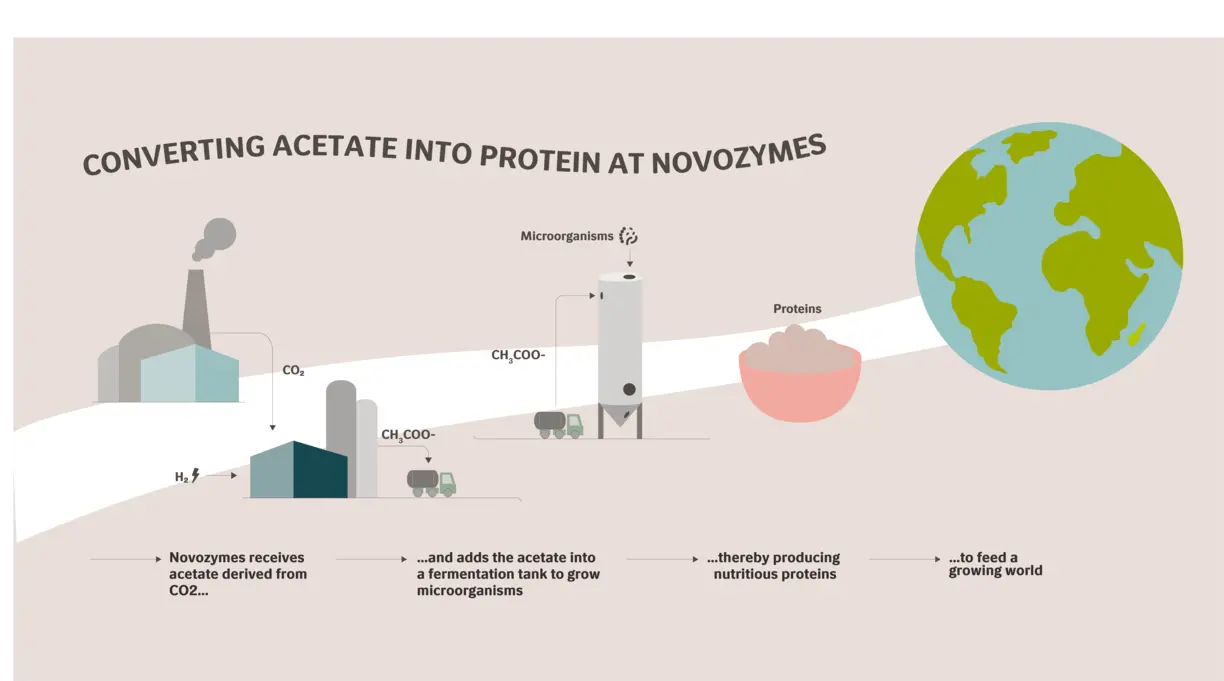Transforming CO2 into nutritious food proteins
A deep dive into one of Novozymes’ transformative research projects.

Novozymes is part of a new innovative consortium which has the objective of creating a sustainable source of protein, for human food derived from CO2. The program aims to develop a climate-neutral way of converting CO2 into protein, bypassing the use of agricultural land, water, and fertilizer. This is a pioneering approach to help fight the escalating global issues of food insecurity and greenhouse gas emissions. The consortium is a strong composition of leaders in their respective fields and the largest foundations in the world. Novozymes’ participation and research are funded by the Bill & Melinda Gates Foundation.

“We are extremely excited and honored to be at the forefront of developing technology that converts CO2 into protein. At Novozymes, we are deeply dedicated to science and sustainability. Leveraging CO2 to produce food proteins without relying on agricultural land is a key aspect of our commitment to transforming food systems and expediting the journey towards a climate-neutral society.”
Claus Crone Fuglsang
Chief Science Officer and Executive Vice President, Novozymes
The basic idea of the joint program is to process CO2 into acetate – vinegar in popular terms – and then utilize the acetate to produce proteins for human consumption. The conversion of CO2 to acetate is going to happen through electrochemical catalysis on water to produce hydrogen and then reacting hydrogen with CO2. The production of protein will be happening in fermentation using the acetate as the energy source of carbon. Novozymes plays a pivotal role in engineering microorganisms to grow on acetate rather than on traditional sugars. Eliminating the need for starch or sugar in the fermentation process will free up substantial agricultural areas currently used for starch or sugar production.

A biosolution that is an alternative to animal protein
By creating alternatives to animal proteins, we will reduce the need for meat and dairy production, which currently puts a significant burden on natural resources by using land for the animals and growing crops to feed them. Converting CO2 into acetate and using it to produce proteins for food will enable us to decouple part of our food production from land use and by low land use help ensure space for biodiversity.
Transforming food systems
Calculations from the Novo Nordisk Foundation suggest that utilizing the annual CO2 outlet from the cement industry in Egypt alone could enable protein production to help feed up to 1 billion people per year, provided we achieve our joint program targets. This would also represent a reduction in land use equivalent to an area larger than Argentina.
Next steps
The funding covers a two-year period. The goal is to optimize already existing technologies and demonstrate a clear path for industrial exploration (demonstration scale TRL 6 or higher). This entails showcasing our ability to produce protein for human food on par with or more cost-effectively than sugar-based methods. This will help demonstrate the viability of a possible implementation of these solutions in developing countries with limited arable land. If the work in the consortium is successful, it will be possible to continue for later stages of the project, where the technologies can be matured and scaled even further.
Consortium partners
The consortium combines knowledge and expertise from Novozymes; Topsoe, a leading company withinchemical engineering; Washington University in St. Louis, Missouri, in the U.S.; and the Novo Nordisk Foundation CO2 Research Center (CORC) at Aarhus University in Denmark. The Bill & Melinda Gates Foundation is funding activities at Novozymes and Washington University in St. Louis, and the Novo Nordisk Foundation is funding Topsoe and CORC. The total funding from the two foundations is up to DKK 200 million (€27 million).